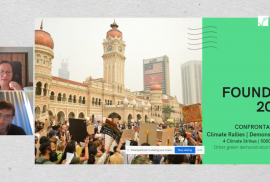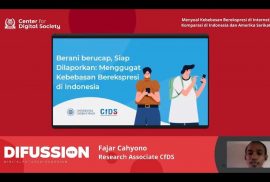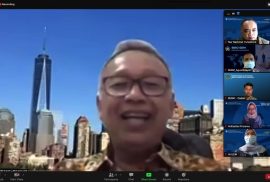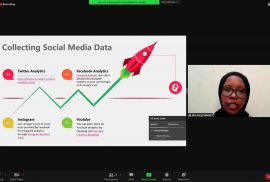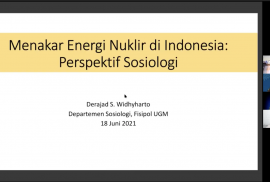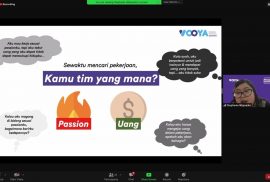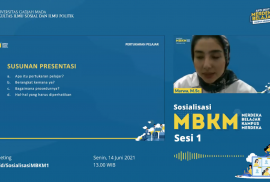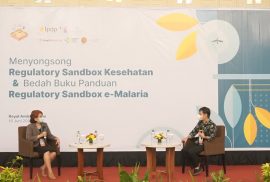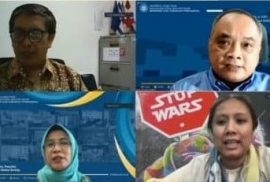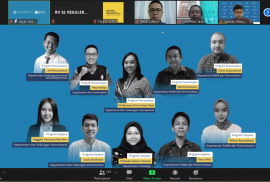Yogyakarta, 7 Juli 2021━Youths hold a great power in constructing the future of ASEAN. That is why the ASEAN Studies Center (ASC) Fisipol UGM chose to talk about the various roles of youths through ASEAN Talk: Paths to Youth Empowerment: Activism, Education, and Mobility on Wednesday (7/7). This event was held through Zoom Meeting and was live streamed through ASEANS Studies Center UGM Youtube Channel.
The first speaker in this event is Ili Nadiah Dzulfakar as the head of Klima Action Malaysia (KAMY). Nadiah said that the ASEAN society is so rich with diversity and that every state has their own problems. Each state also has their own way in responding to the pandemic. According to Nadiah, youth have a great role in the midst of this crisis.

